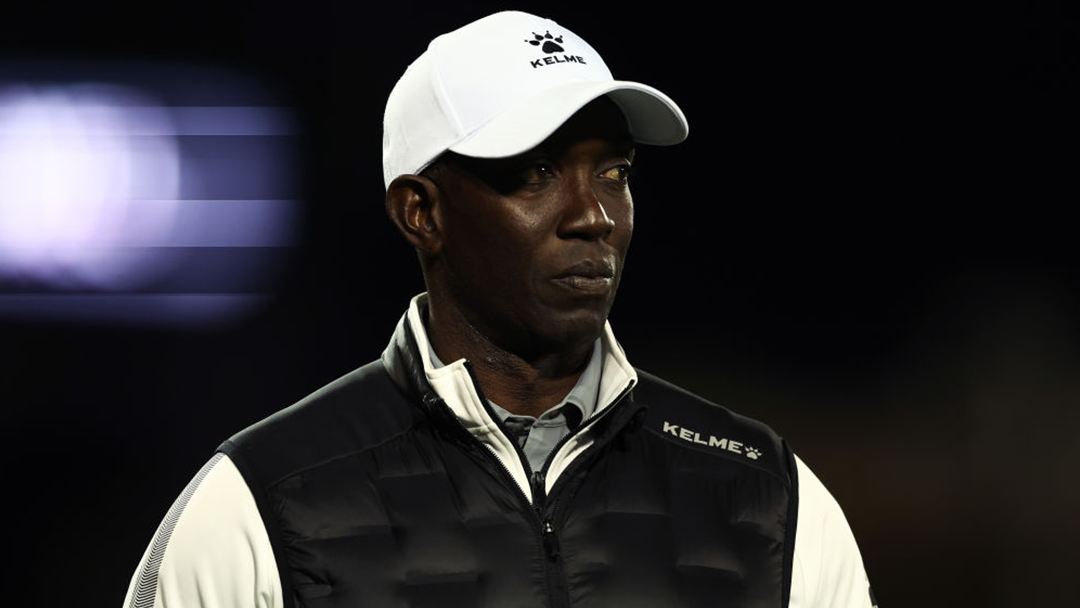*This interview was conducted prior to Macarthur's Australia Cup Final victory*
In his first 4 competitive games as a Head Coach, Dwight Yorke has brought Macarthur FC to the Australia Cup Final. Do the Bulls have what it takes to break the hearts of NPL side, Sydney United 58 on October 1? Robbie Thomson got the chance to speak to Yorke about the A-League season ahead.
RT: You’re back in Australia Dwight, 15 years on… Have you settled in well?
DY: I have to be honest. It's been a good transition. You know, I thought it was going to be a little bit different and difficult, as always, when you're moving to a new country, even if I've been here before. But the transition has been a smooth one. And I think the knowledge of being here and having friends and knowing the country does make that transition a lot more easier.
RT: When you were here as a player, did you ever even think at that stage that you could be back here coaching?
DY: No, I’ve got to be honest with you, coaching wasn't really top of the agenda, because everyone tells you that the best part of your career is when you're playing. So I never really thought beyond that. I was enjoying that moment, and I never thought ‘I will be back here’, and certainly not as a manager. But here I am, probably what, 16 years on and yes, it's certainly different, but I’m still enjoying it.
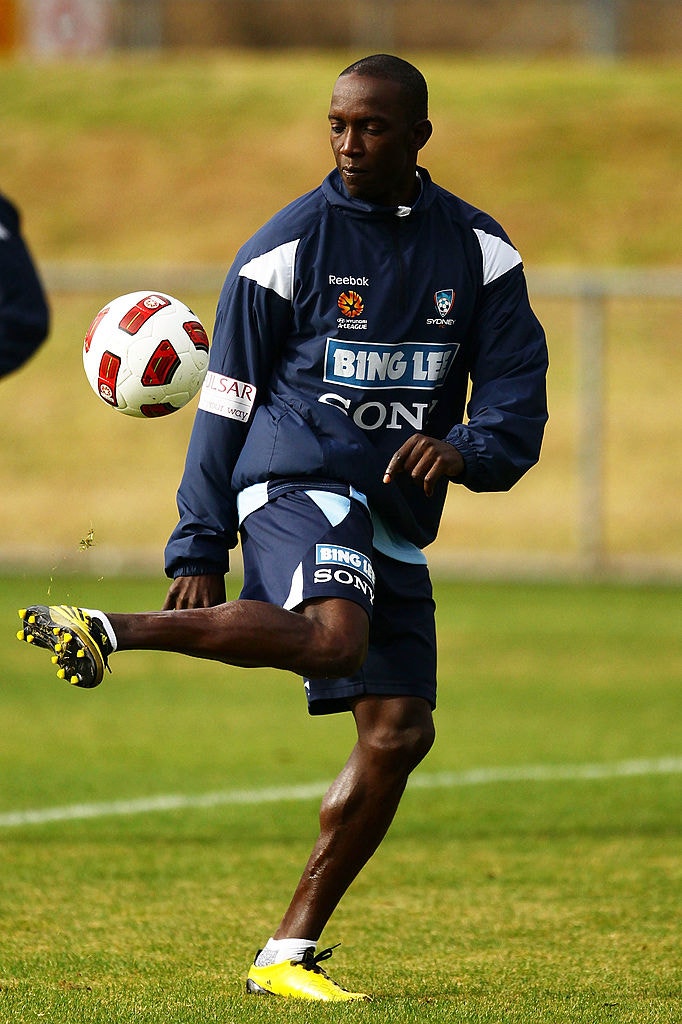
RT: What was the moment you thought, I'm going to get my badges, I'm going to give this coaching gig a crack?
DY: Knowing my personality, the kind of individual I was, it probably took me about seven or eight years and I thought, right, coaching could be a possibility, but it’s not as simple as that. You know, the challenges of black players getting the opportunity to move into management was much more difficult, to say the least.
I wanted to make sure I had every qualification necessary, because then there were no excuses, no-one could say ‘You haven't done this and you haven't done this.’ Whereas I know for a fact that other people get jobs without the right qualifications… So it's one rule for one and another rule for others. I became more and more determined to do it. But to do that, I needed to make sure that I crossed all the T's and dotted all the I's, and I've managed to do that.
RT: I can only think of two black coaches in Europe’s top 5 leagues, two Frenchmen: Patrick Vieira at Crystal Palace and Antoine Kombouaré at Nantes. Was this situation a source of inspiration for you?
DY: Yeah, that probably did drive a little bit of it, I have to be honest, but I wouldn't have come into it if I didn't think it was going to be good at it. When I analysed everything, I felt that this was the path that I wanted to go down and that I had to be committed to it, 100%.
The moment I was ready to commit myself, I went away for a period while I was doing my badges. I had three years while I was studying the art of management.
So I was going around, I had access to the likes of Sir Alex Ferguson, Arsene Wenger, Gareth Southgate, some big names in world football and trying to pick those brains. And with the experience of playing, of course that does help. So from studying those guys and studying what they're about, it just felt this was this was right for me and was the right moment to get into management.
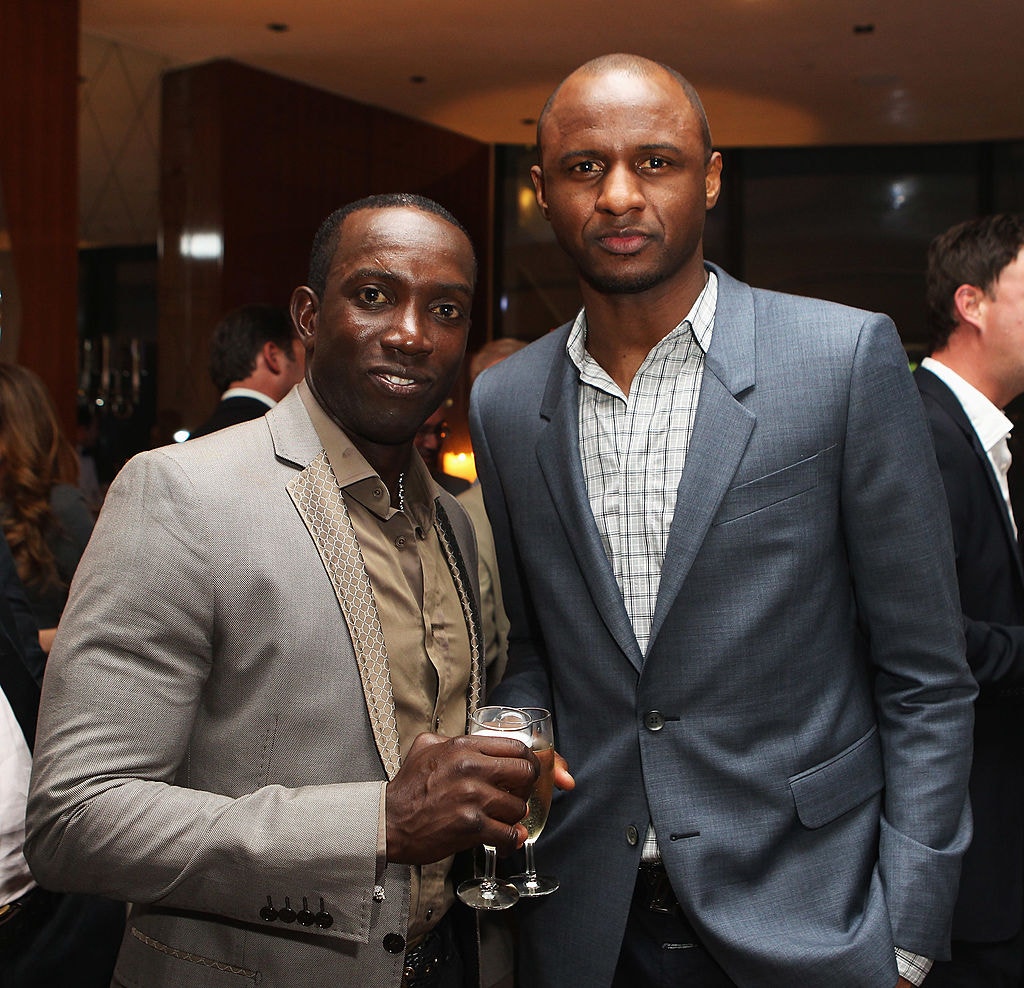
RT: You've made a great start to managerial life in Australia. You've got the Cup Final coming up this weekend. Did you ever imagine you’d be playing for silverware in the fifth match of your coaching career?
DY: I think it's always been the intention, with a bit of caution of course, because you’re not quite sure when you come into a new environment, you've got a new bunch of players that don’t know yet, they’re getting to know you, you’re getting to know them. At first, you watch, you listen, you come and observe what this club was about. And then you move into action, and take the good, but get rid of the bad.
Although we’ve made good progress. I mean that: good progress. There is still a lot of work to be done. We are in that phase where now we have an identity, now we have a philosophy, now we understand what it takes to win and how you go about it. Our work ethic is totally different and certainly from a mental standpoint, the mentality in and around the place is much more vibrant, much different to when I first inherited the club.
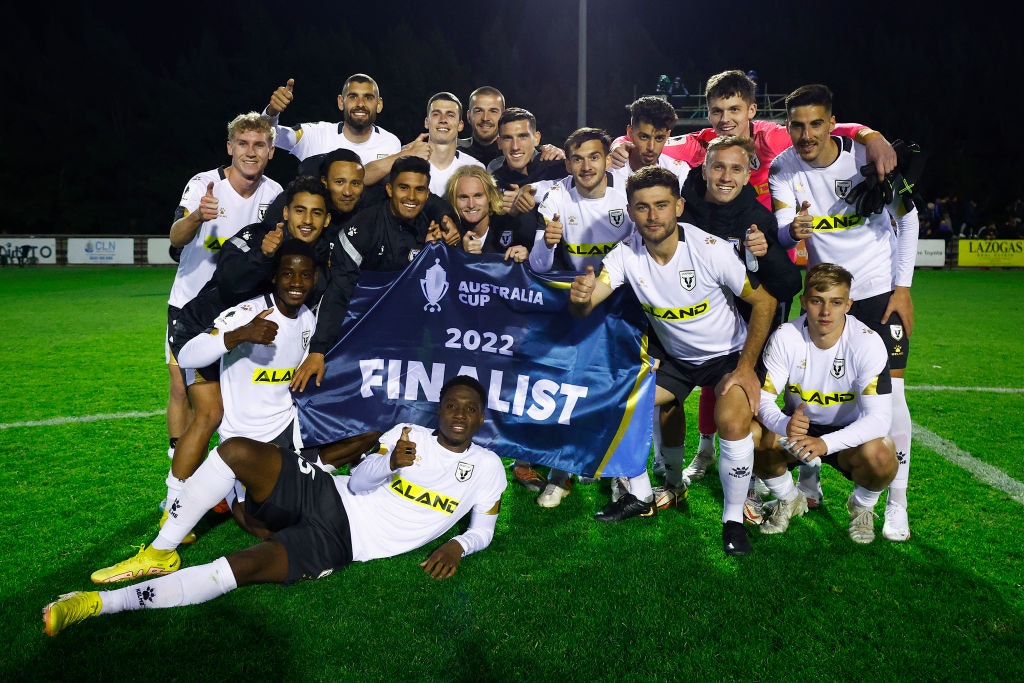
RT: I’m curious to know more about that, about creating a club identity, a club culture, because you've played for so many established footballing institutions, Macarthur is starting just its third season. That is such a challenge for you off the pitch. I guess it starts on the pitch, you have to instill a certain sporting culture first and foremost and then build things around it. Do people truly understand how important the intangibles of what a club represents are to playing on the pitch as well?
DY: I think you are absolutely spot on in what you said there, because we have to build a culture within the club as well as the culture within the community. So we are trying to build that culture and the culture is the winning mentality, the way we approach this in a very professional level of doing things around here, this is a place that you must come to work.
And yes, we are getting some element of success by reaching a final. But where I come from, reaching a final is not success. We have made very good progress - no two ways about it and the players deserve credit, but we haven't done anything yet in my eyes. Now we need to get over the line and win the trophy and then the identity finally starts to kick in, not just here at the club, but in the community as well.
RT: On the pitch, you have so many great individualities, you've got some fantastic attacking potential with the likes of Uli Davila, Craig Noone, Arzani, Touré, Danny de Silva, Rose, Carter. What do you have to do to harness all that...
DY: The first thing I said to them: You are good players, really you are. But what they have actually achieved? They haven’t won nothing. You called all the names like if as they were Premier League stars bang, bang, bang, which is great, don’t get me wrong, but what have they actually done? I asked them: How do you want to be remembered? Just as a good player? Or do you want to achieve something legendary here, write your names into history, where what people say doesn’t matter because it is there in history? It's my job as a manager to install that winning mentality in the players, that vision that the club has.
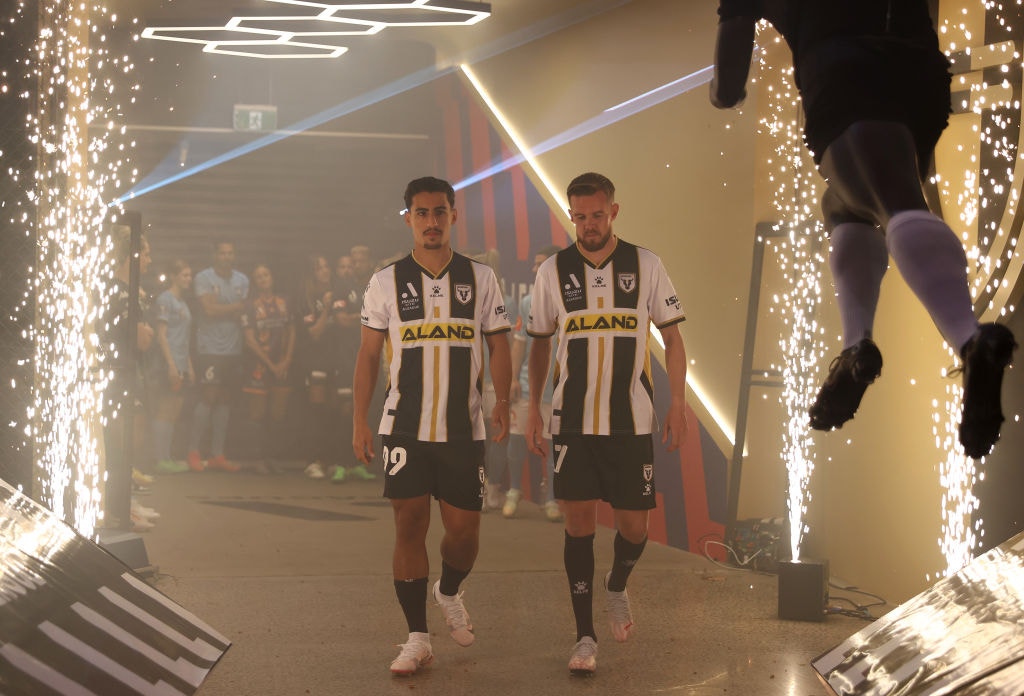
RT: You spoke about your man management skills earlier. What is your relationship with the players? Because it’s one thing to tell them they haven’t achieved anything, but another to get the best out of them on the pitch…
DY: I'm very open and transparent with my players. I think with having played the game at that level, I understand what they have gone through to get to that level and the hard work that it took. I can relate to all that and I keep saying to them: ‘You will never get a better time than playing football because it's the best time and I wish I was your age again because, now that I’m older, I have a better understanding of it. Don't let the opportunity pass, grasp these opportunities and grasp the moment because it's the best job in the world. You're doing something that you totally love, you’re getting paid for it and you play in front of thousands of people. Come in with intention of getting better. If you’re out of the team, work hard to get yourself back in. Put me under pressure as a manager to make sure the tough decisions.’
RT: A club culture...
DY: Listen, we're very early into what we're trying to create here, but I can't help but say that it's been very encouraging. And I think this year could be an unbelievable year for us.
I'm a person who comes from the hard-working school. I think the guys understand that. I want flamboyant players. I want people to express themselves, the Arzanis of this world. He hasn't had a lot of playing time recently, but now he's back here and he's got the licence to go and play under me, the Noonies, Big Al Touré, Carter, we got Lachie Rose who is Aussie through and through. I love the character of these guys a lot, the personality and the character, and we actually have got a good balance of players. We are trending in the right way and I think if we can get past Sydney United this weekend, this will send a clear message to where we are trying to go.
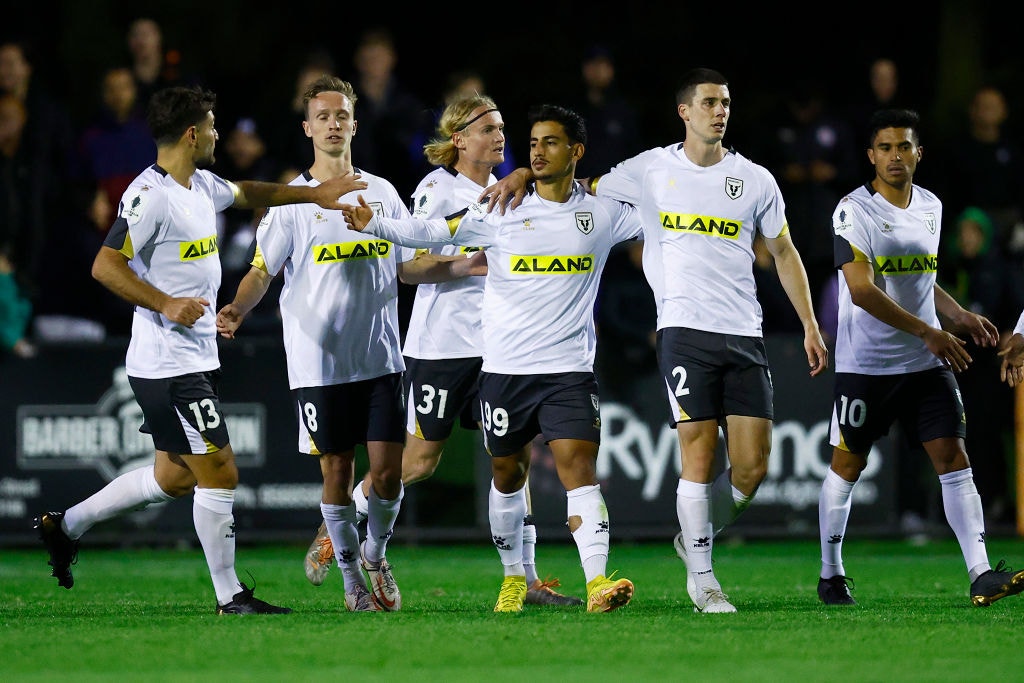
See what all the other A-League Men's coaches have to say ahead of the 2022/23 season























